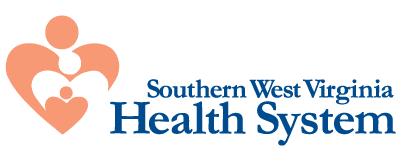
Community Social Risk Outreach Program
At Southern West Virginia Health System, we are committed to providing everyone in our communities with access to health-related services so that each person can live their healthiest life.
In some situations, a person may find that their health is impacted by circumstances that aren’t traditionally thought of as having a direct impact on their health outcome. Those circumstances could be:
- Transportation difficulties, making it harder for a person to access healthcare, food resources, socialization opportunities
- Economic difficulties, making it harder for a person to access having water, electric, and/or gas at the same time, having to choose between healthy food resources or medications
- Literacy difficulties, making it harder for a person to fully understand all of the steps necessary to keep good records of their blood pressure readings at home to bring those details to their next healthcare visit to assist with properly treating their hypertension diagnosis
All of the above are areas that our Community Social Outreach Workers, also known as Community Health Workers, are ready and able to help a patient address!
To learn more about our community health worker services at Southern West Virginia Health System, please call 304-824-5806 ext. 1289.
To learn more about community health workers, please visit https://www.cdc.gov/chronic-disease/php/community-health-worker-resources/
To learn more about Social Determinants of Health, please visit: https://www.cdc.gov/about/priorities/why-is-addressing-sdoh-important.html
